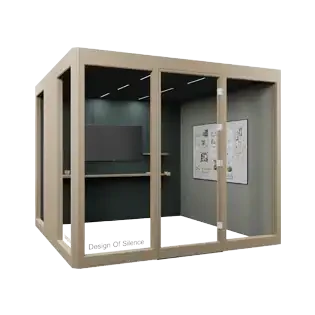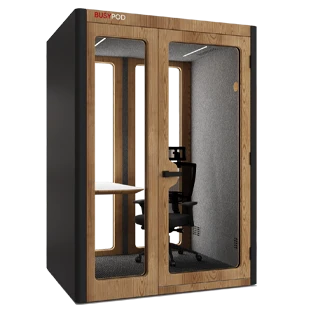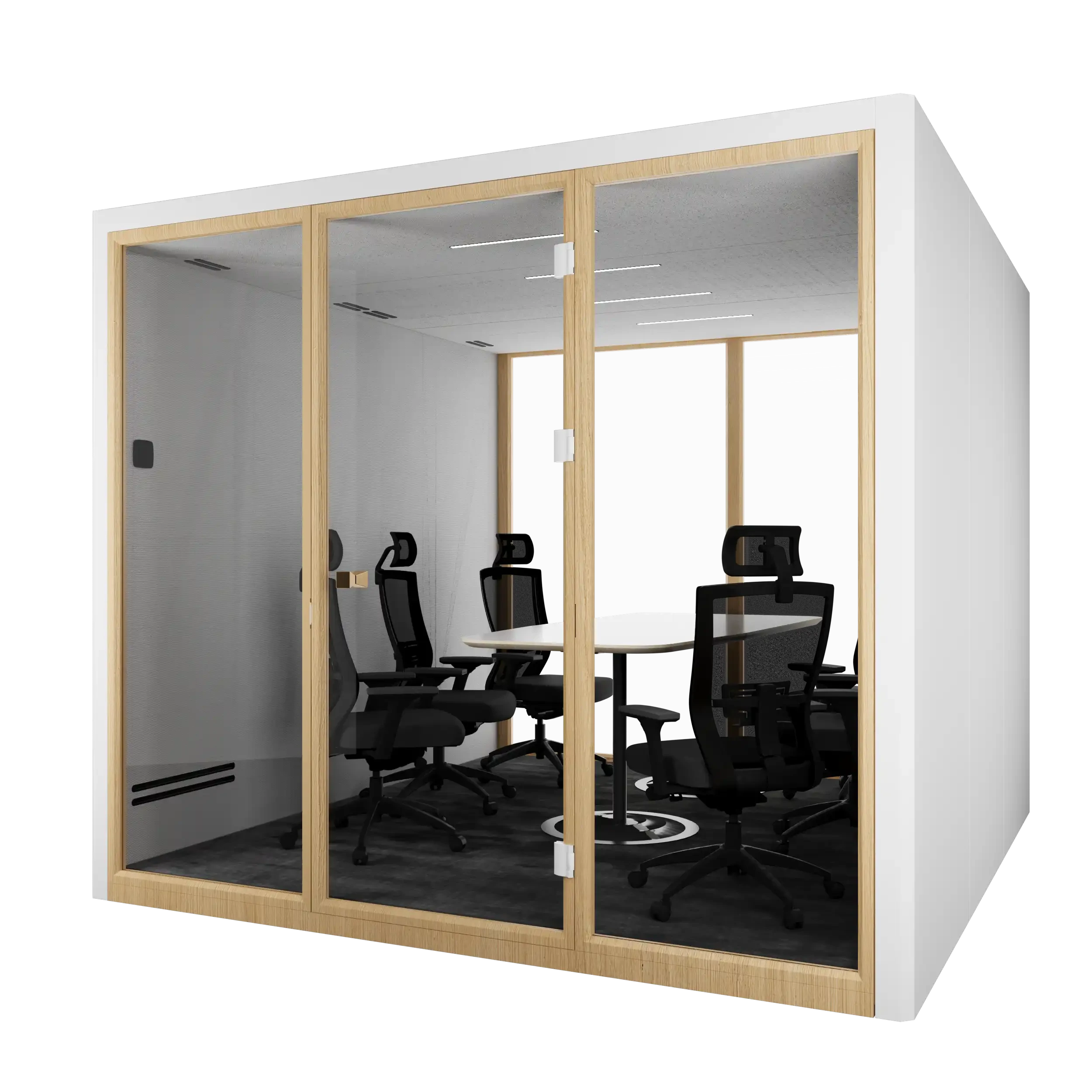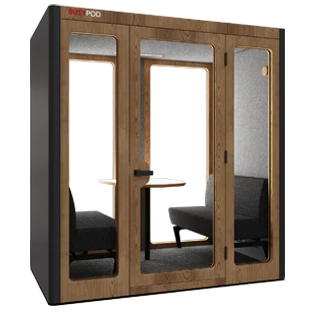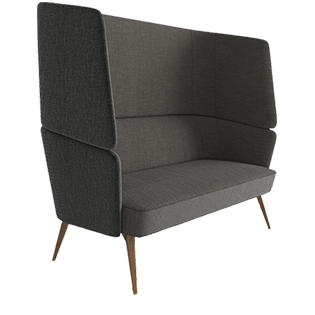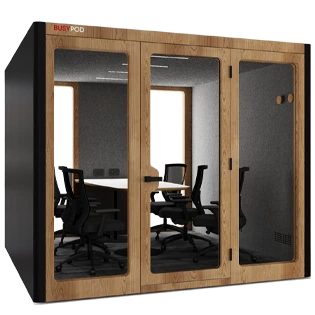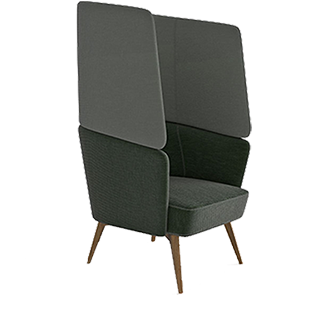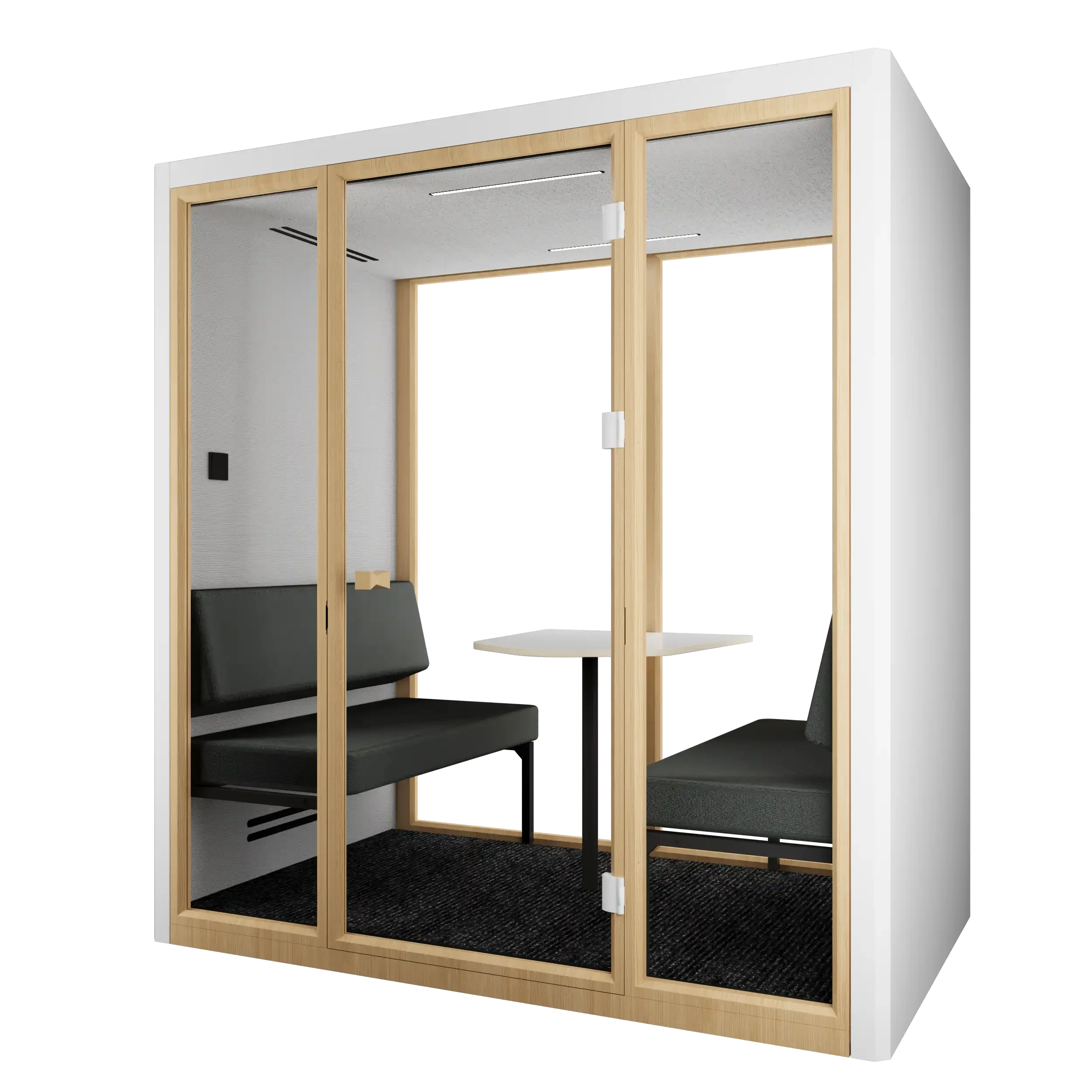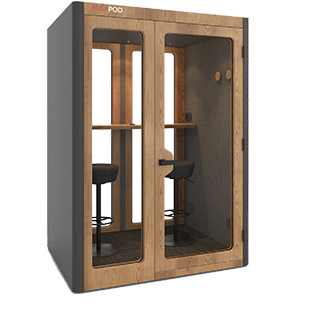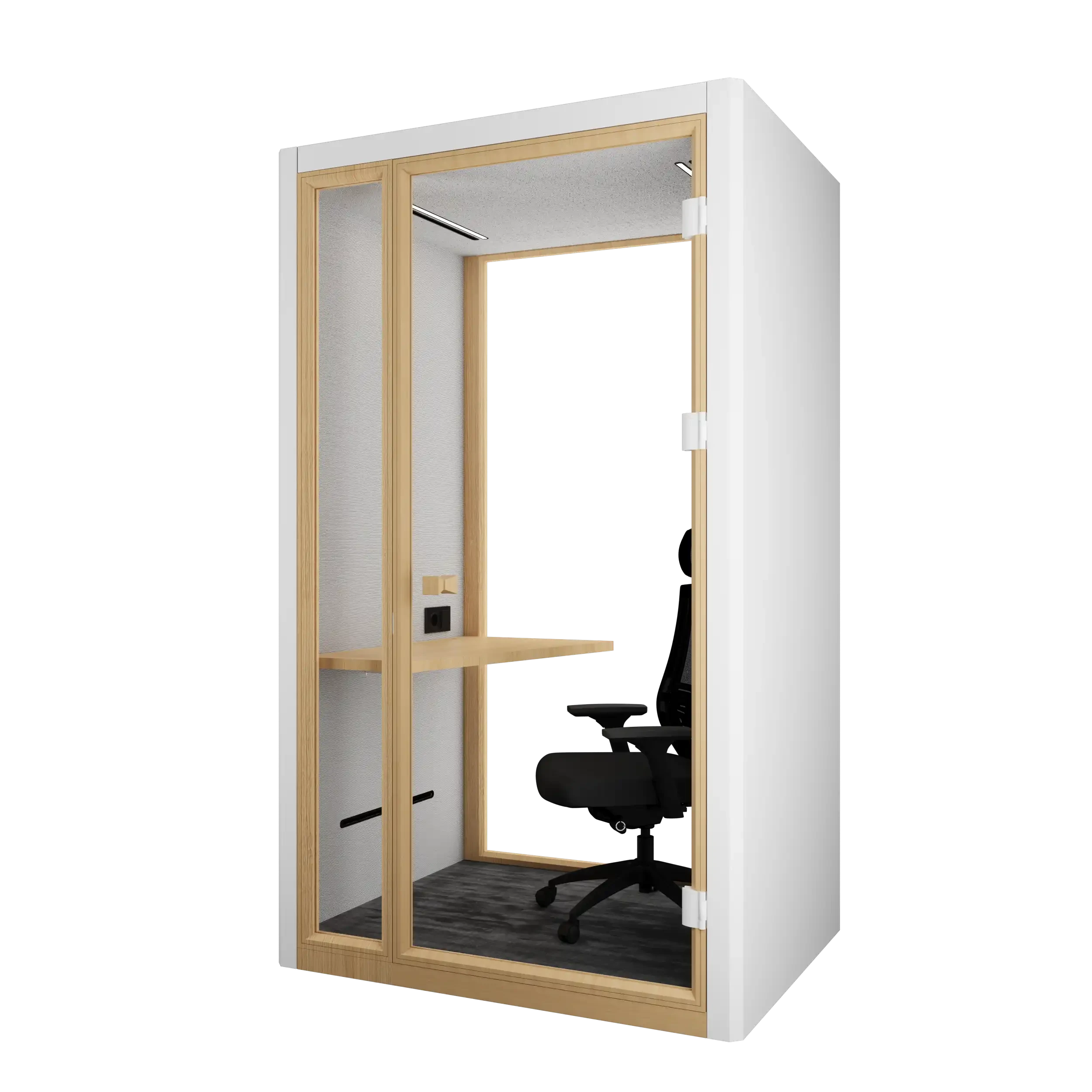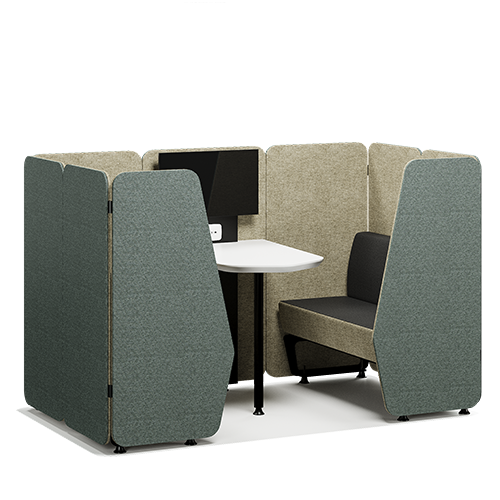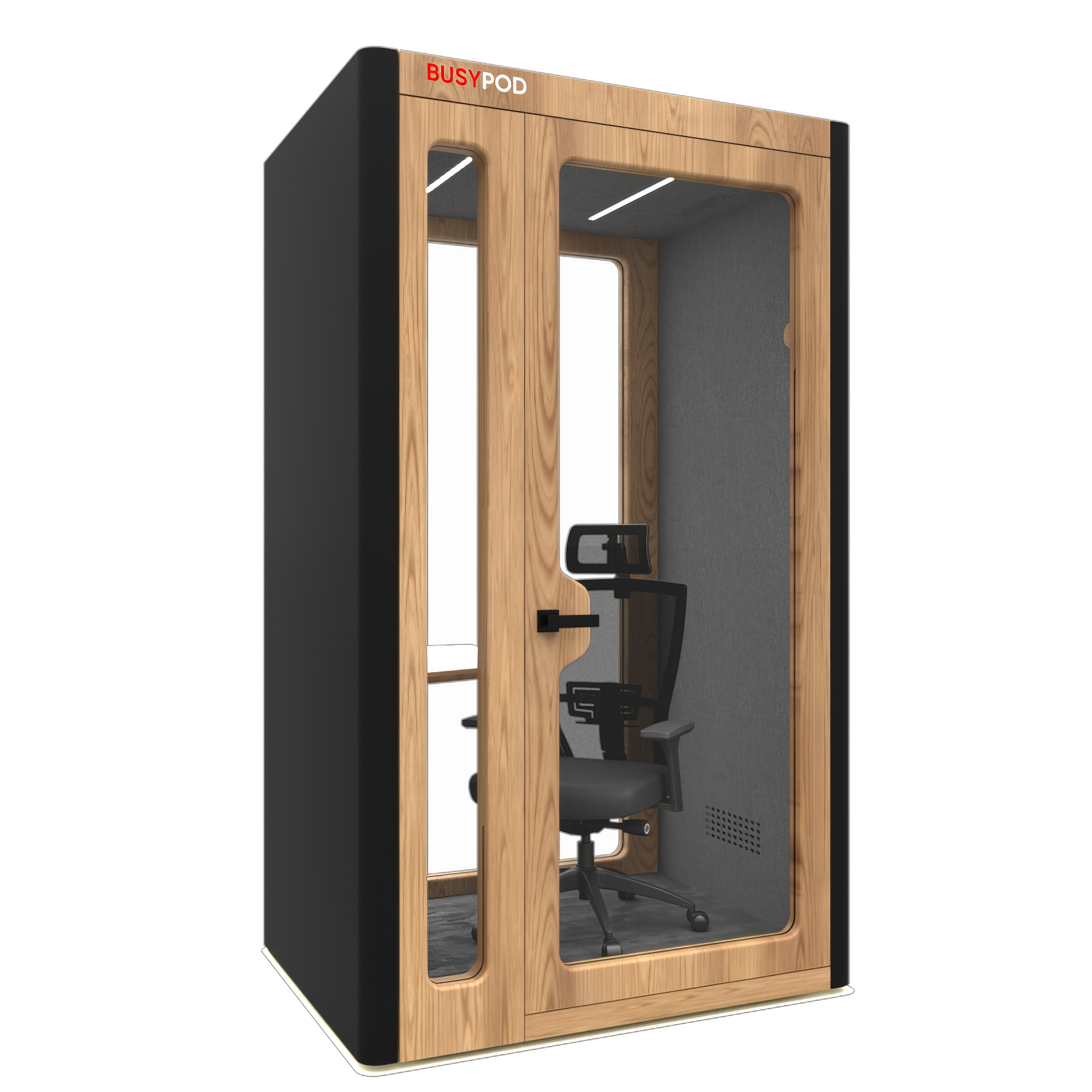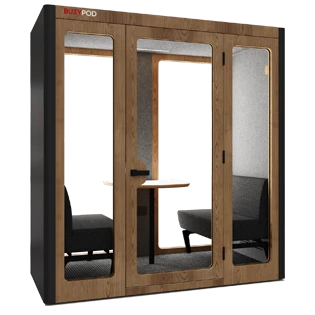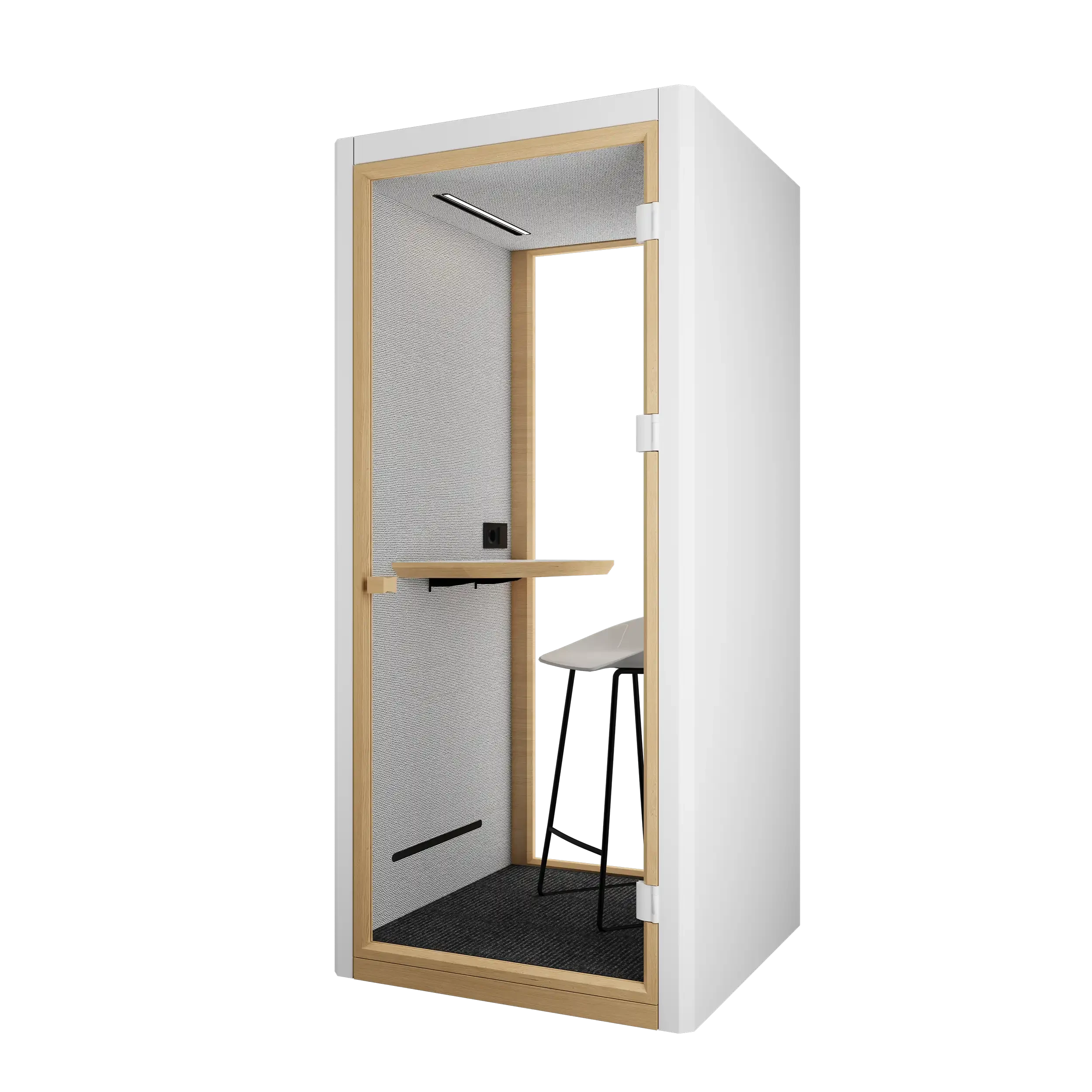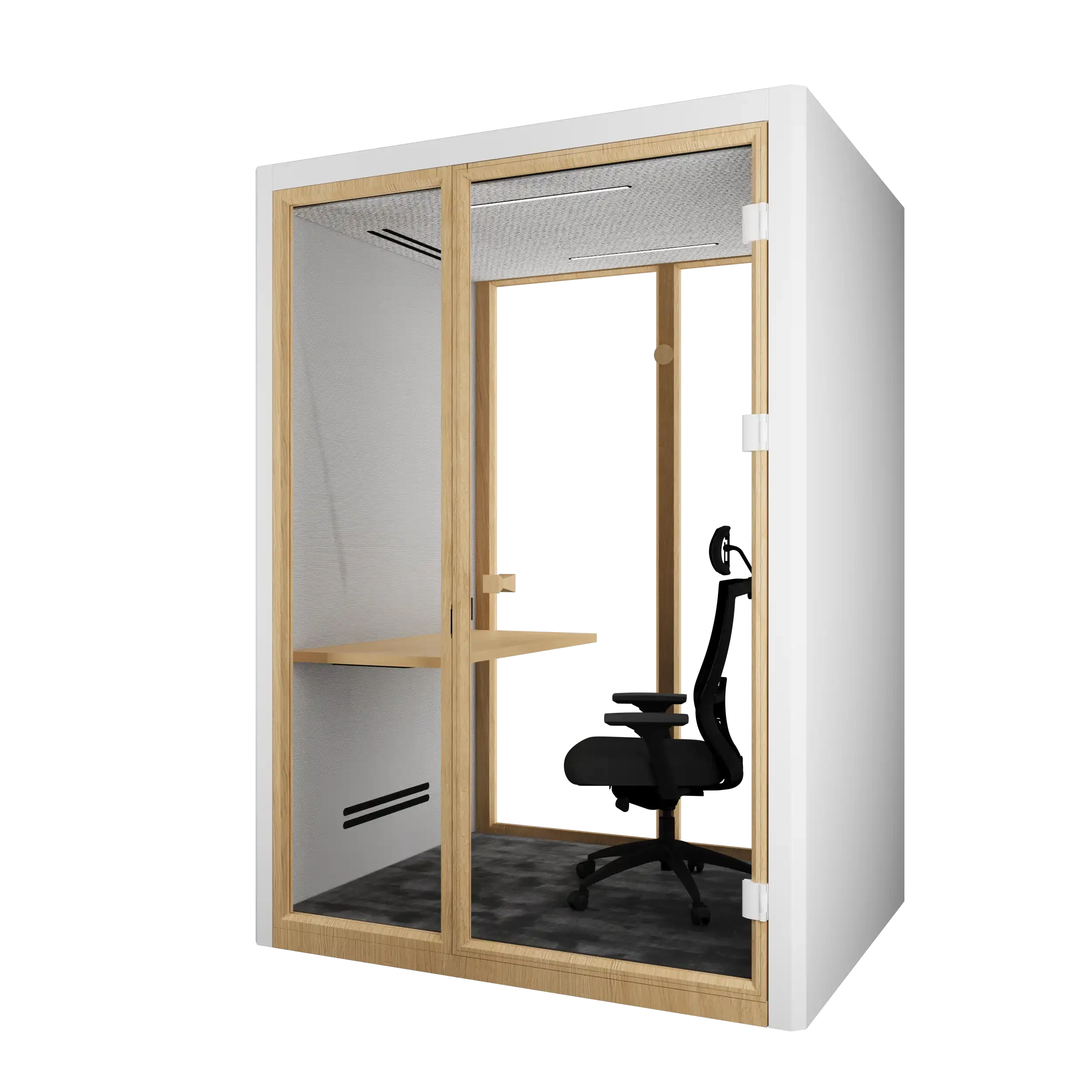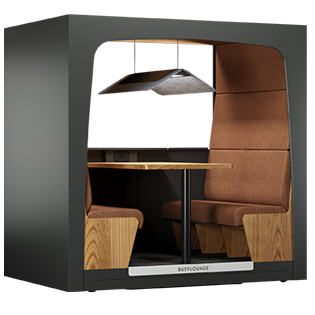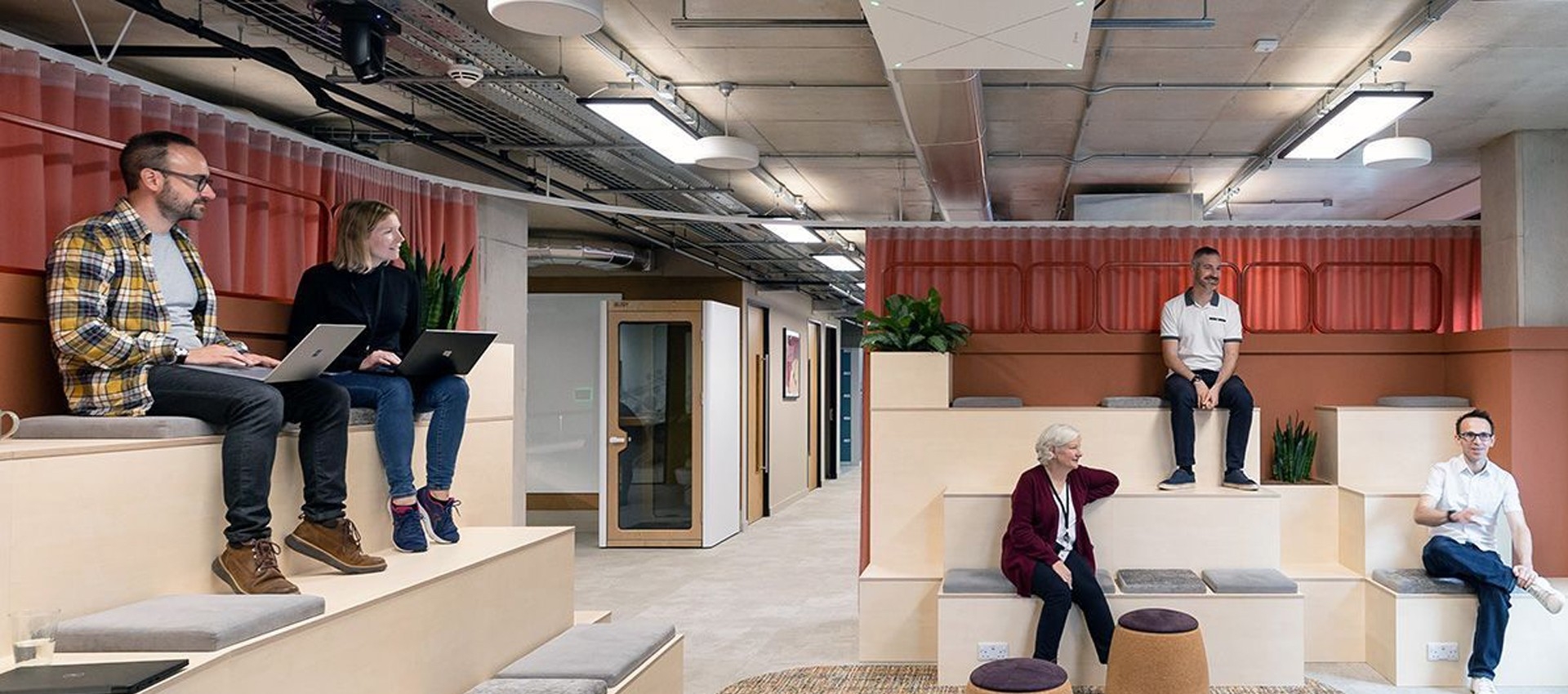
What Should We Expect from Future Workspaces?
As new technologies are introduced, the workspaces also evolve. Recent events and the latest technologies affected our offices dramatically, such as Covid-19, which lasted four years and caused drastic changes in many parts of our daily lives. Due to the pandemic, remote and hybrid working have become more popular than ever. Nevertheless, this change also made us ask a series of questions: "What should we expect from future workspaces? Will our understanding of an office totally change? Will there be any office at all? Can remote working replace traditional offices and workspaces?"
Even though it's hard to answer all these questions, in this article, we'll try to envision what we should expect from future workspaces.
Flexibility Will Be Important
We predict that flexibility will be more emphasised in the future. Remote work, flexible hours, and a hybrid workforce might become common practices in most workplaces. Since most companies already allow their employees to choose between on-site and remote work, it's not hard to imagine a future where every company has this policy.
In the future, it might be the norm for companies to let their employees determine their own work hours, when they'll work from home, and which days they'll be at the office. Since new technologies make it easier to work remotely, there's no doubt future offices will embrace flexibility and personal preferences.
Better Collaboration
When we envision a future setting, we often imagine machines doing most of the job. Nevertheless, future workspaces will likely encourage collaboration between individuals rather than replacing their employees with "robots."
Some big companies already adopted open floor plans, common areas, open meeting rooms and special events. This way, not only will employees have more opportunities to socialise, but also feel more comfortable asking for help and grow more loyal to their company - and team.
Better Integration to Technology
As anyone can guess, future workspaces will be better integrated with the latest technologies. Technology already plays a vital role in our workspaces, and this won't change in the future. Virtual collaboration and data analysis will become some of the key concepts. Utile tools and helpful applications will make remote work more efficient.
Workspaces of tomorrow will also be more adaptable workspaces. New offices will be built and designed to encourage teamwork and enhance productivity. Unlike today's relatively inflexible and traditional workspaces, future offices will be more independent and progressive - adapting to the most recent changes and needs.
Focus on Wellness
The physical and psychological well-being of employees is significant for companies. While most companies already provide their employees with private health insurance, we believe future companies will offer more opportunities for maintaining their employees' well-being.
Besides these, offices will also be designed to support employees' physical and mental wellness. For example, more offices will be designed with natural light and green areas, as well as comfortable furniture. Also, companies might find ways to encourage their employees to move and be more active, such as adding a gym to the office building or creating a park in the office yard.
Sustainability Is the Key
Sustainability has become a significant issue in the latest years. Although most companies put an emphasis on building more sustainable workspaces, it's difficult to say that we made any progress at all. Unfortunately, wasting resources and high carbon emissions are still significant problems. Fortunately, more companies go carbon neutral by introducing a sustainable work environment. And we believe this eco-awareness will increase in the future.
Introducing buildings designed to be energy-efficient and environmentally friendly will be the priority of companies. Also, factories and workshops will adopt new eco-friendly production techniques and methods.
It is also possible that most companies will alter their architectural styles to promote environmental awareness. For example, they'll create green areas in their work environments, office yards and around production centres.
Workspaces Will Be More Personalised
As time changes, the traditional understanding of work and office also changes. While uniformity has been a significant part of typical offices, companies have realised that allowing employees to work in their own way increases their productivity. Therefore, future workspaces will emphasise and encourage personalisation, as well as personal preferences. For example, going to the office early in the morning and leaving in the evening won't be the norm. Also, private and personalised spaces within an office, such as work pods or office phone booths, will allow employees to maintain a balance between socialising and working in privacy.
Freelancers Will Have a Larger Share
Freelancing has been one of the most popular professions in recent years. While the internet and various freelancing platforms grew in popularity, people realised how comfortable and potentially lucrative it is to work freelance. And this trend is likely to impact the design of workspaces, with more shared spaces and co-working environments. In the future, companies will employ more freelancers for -creative and technical projects, such as content writing and IT projects.
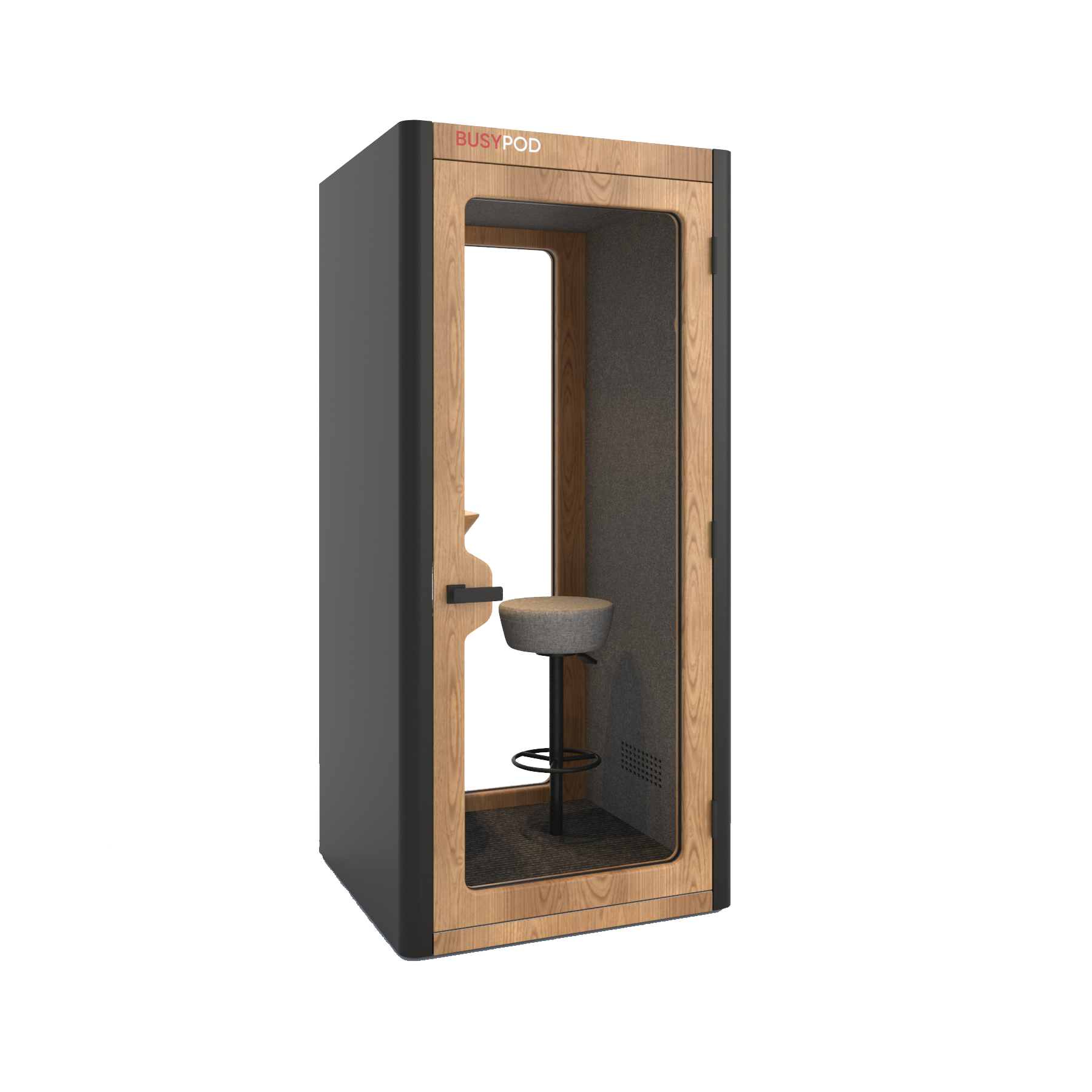 Design Your Pod
Design Your Pod

